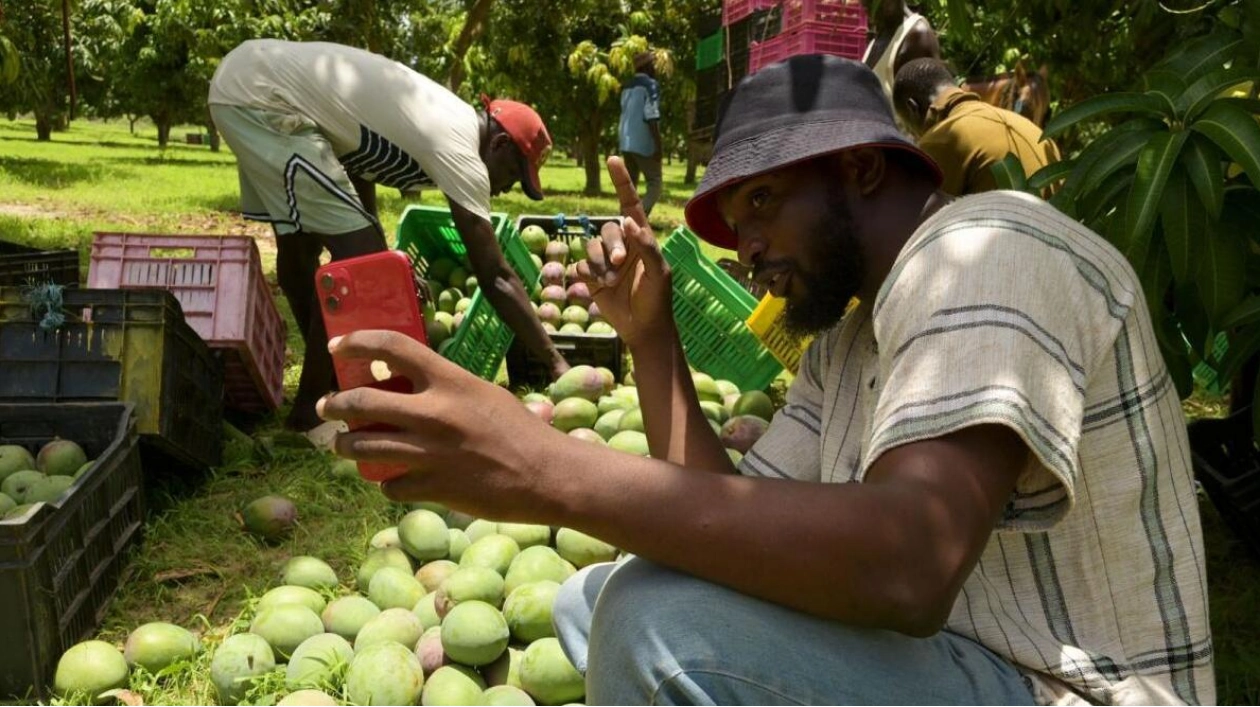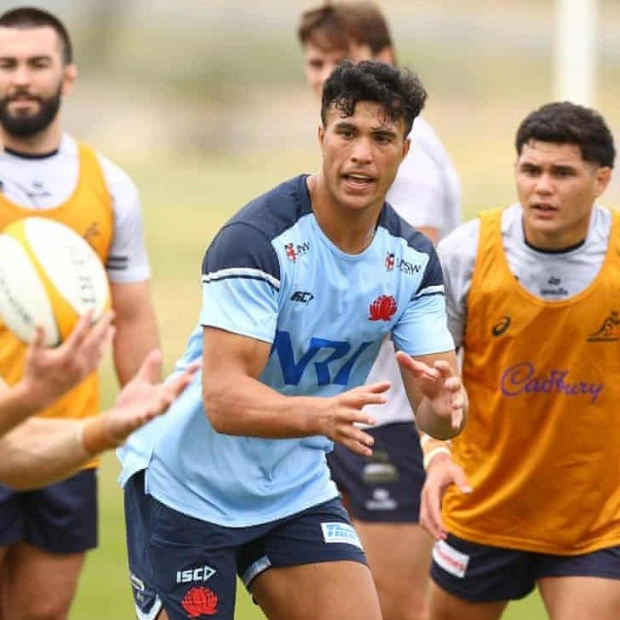Squatting beside a heap of ripe mangoes, Senegalese farmer Mame Abdou Diop records a TikTok video, hoping it will captivate his growing social media audience. At 30, Diop is part of a fresh cohort of agricultural entrepreneurs in West Africa who are leveraging digital platforms to enhance sales, exchange knowledge, and establish their niche in a vital economic domain. Since 2020, Diop has been operating a modest enterprise, overseeing land plots and cultivating a variety of crops, from watermelons and mangoes to onions and beans. However, since his debut on TikTok, Instagram, Facebook, Snapchat, and LinkedIn two years ago, his earnings have skyrocketed, and his customer base has more than doubled.
"I initially made videos just for fun, never anticipating the impact social media would have," Diop recounts, having garnered nearly 14,000 TikTok followers and 2,000 on Instagram. He quickly recognized the marketing potential of his videos, as he explained in Gadiaga village, east of Dakar. Agriculture contributes about 16% to Senegal's GDP, yet the sector faces persistent underperformance. The new government is focused on achieving food self-sufficiency, aiming to generate more employment in a nation grappling with youth unemployment. Despite 60% of the workforce being involved in food crop production, Senegal imports nearly 70% of its food needs, according to the International Fund for Agricultural Development. Factors such as inadequate infrastructure, lack of technical support, and disorganized value chains and crop processing contribute to low productivity.
For Senegal's burgeoning, tech-savvy urban youth, social media presents a platform for innovation. Diop showcases his mangoes in video clips, including his contact details to attract local businesses or exporters to Europe or Morocco. After negotiating prices, he delivers the produce directly, bypassing intermediaries and expediting the entire process from picking to selling. N'Diaye Pape, a 26-year-old juice vendor in Dakar, discovered Diop on Instagram and values the swift service he provides.
Social media also facilitates the exchange and monetization of agricultural know-how, according to Helene Smertnik of Caribou Digital, which, in collaboration with the MasterCard Foundation, has explored the role of social media in Senegalese agriculture. Many individuals have transitioned into consultancy roles, earning substantial incomes. Nogaye Sene, a 27-year-old agri-influencer, credits Instagram for the growth of her consultancy, assisting clients with land management and crop production.
Adjaratou Kosse Faye, an agri-influencer and horticulture entrepreneur, has established a social media cooperative that shares expertise and offers training to fellow producers. Originally a small forum on Clubhouse during the pandemic, it has evolved into a WhatsApp group with over 50 members. Faye highlights the regional knowledge-sharing facilitated by the group, which includes farmers from neighboring countries.






